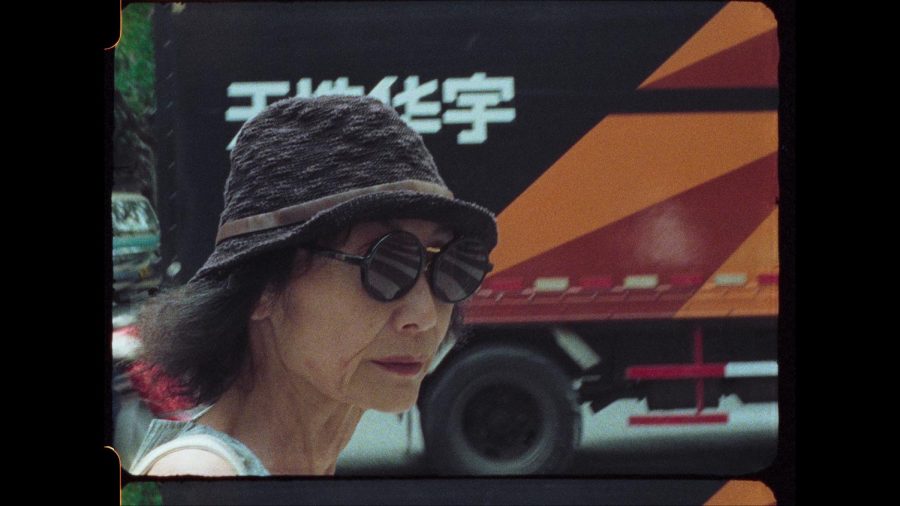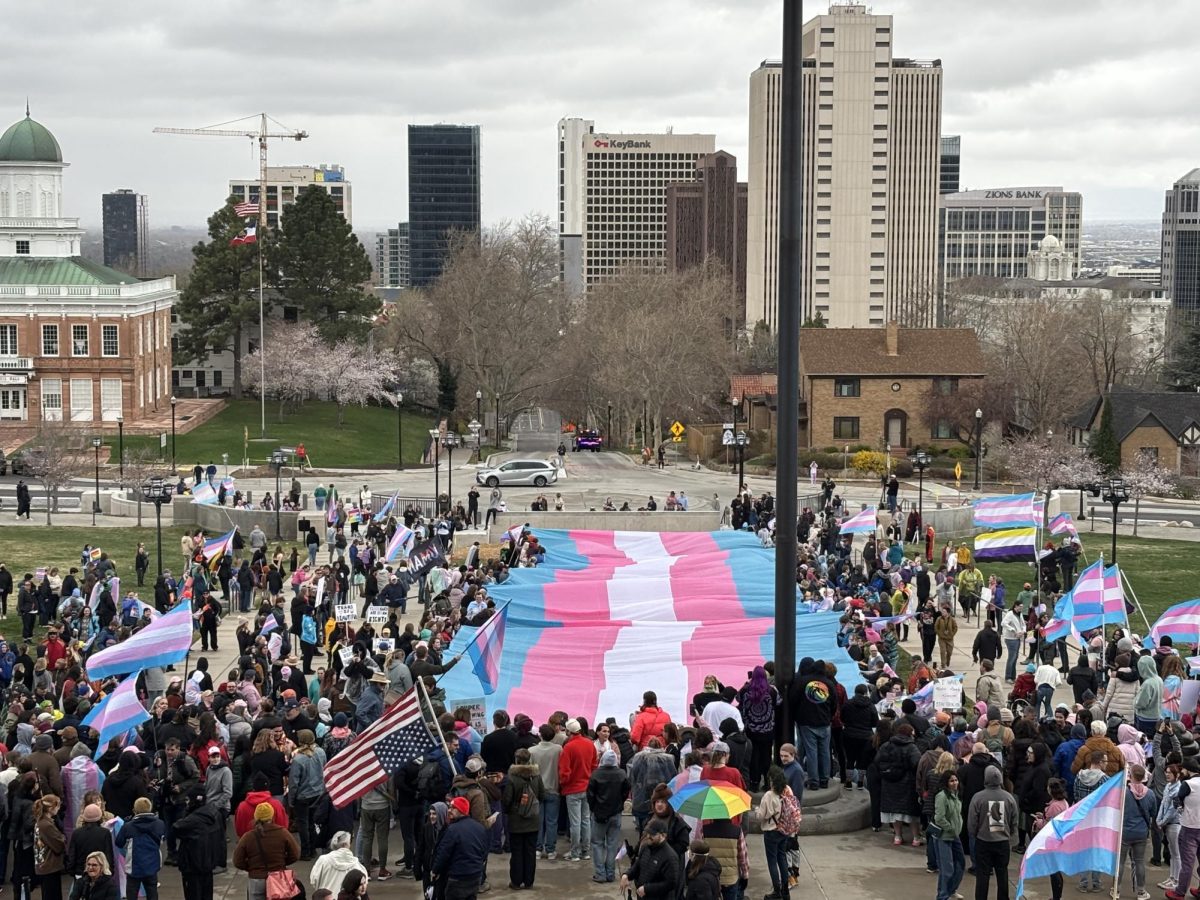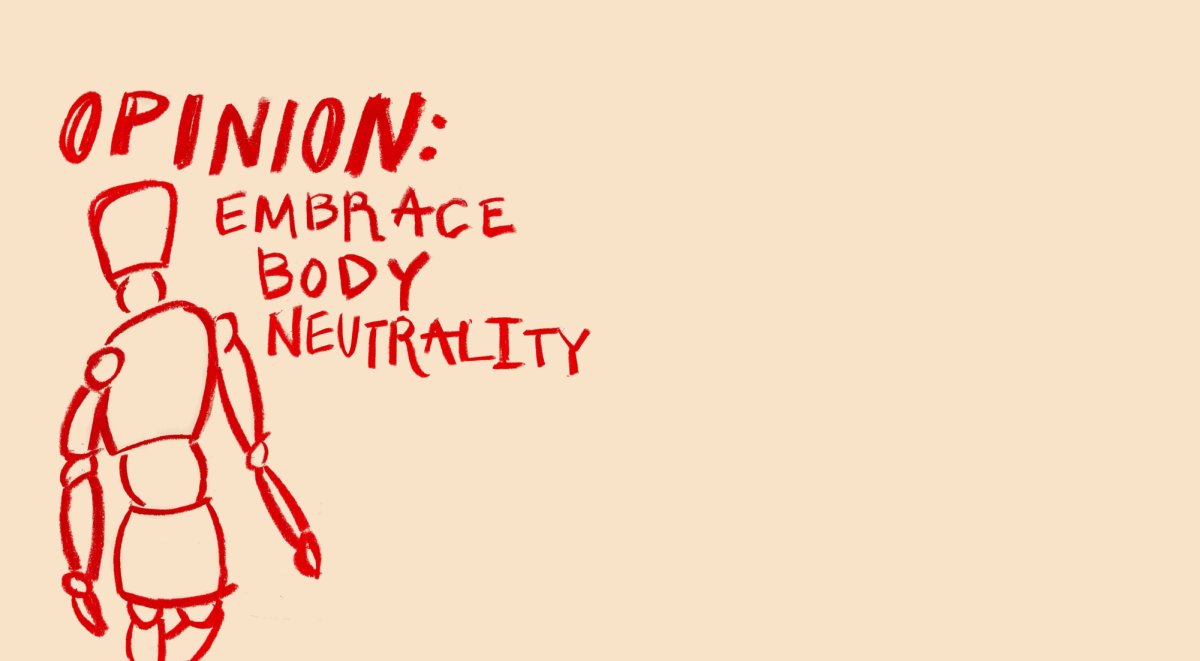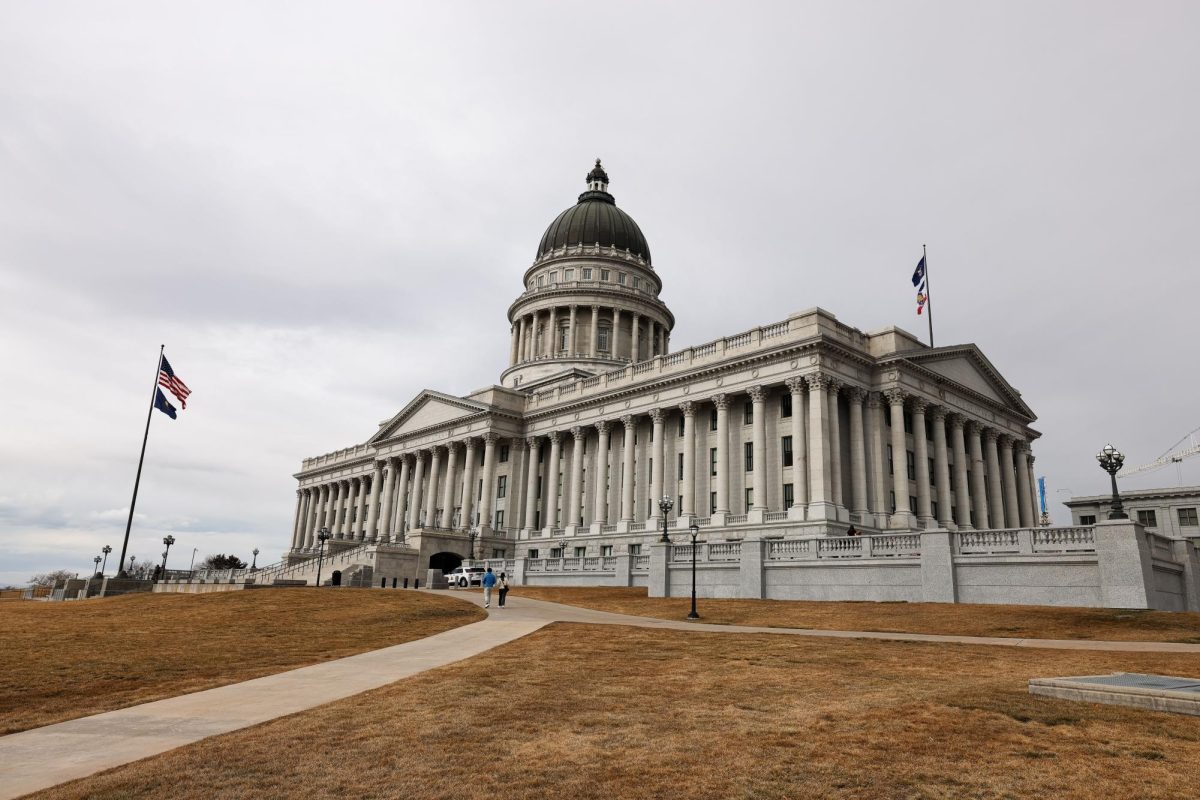Sundance: Premiere of ‘The Exiles’ Offers New Look at Tiananmen Square Massacre and Aftermath
Christine Choy in a Still from the Sundance 2022 Premiere of “The Exiles.” (Courtesy Sundance Institute)
January 23, 2022
Thirty years after the horrific massacre of pro-democracy demonstrators at Tiananmen Square on June 4, 1989, legendary documentarian Christine Choy brings to light an unfinished project documenting the events that unfolded in the wake of that fateful day.
In their Sundance and directorial debut, directors Violet Columbus and Ben Klein follow Choy as she revisits old footage and travels to Maryland, Paris and Taiwan to reconnect with the leaders of the Chinese pro-democracy movement now living abroad as exiles.
Through Choy’s Eyes
Christine Choy is the unshakeable centerpiece of the documentary, offering her own commentary and breathing new life into a decades-long conversation. Her contribution to social justice movements in the United States and around the globe is marked by her radical, subversive documentaries like “Who Killed Vincent Chin,” “Spikes to Spindles” and “Inside Women Inside.”
Her colleague describes Choy’s presence as “whirlwind, Tasmanian devil energy” — a quality she brings to her life and her filmmaking that has made her an outspoken advocate, no stranger to political dissidence and activism. “What is the first rule of documentary filmmaking?” Choy asks the camera. “Lie to everyone.” In the next shot, she wears a beanie with “I Love Dick” written across it in bold, pink letters.
During renovations of NYU’s basement storage, Choy began looking through her old film from the Tiananmen Square project and decided to digitize it, thinking about how to complete the project all these years later. “At the time, I went to Shanghai and told the Chinese I had the material and basically everyone told me to forget about it,” she said. “Then one day I was talking about this whole ordeal with Ben and Violet … and we decided to shoot together.”
Revisiting Exile
Choy is Chinese and fiercely patriotic. She loves her country but feels she doesn’t quite fit in there. She says there’s no place she’d rather be than between Houston and 27th street in New York City, where she’s lived for the better part of the last two decades as a professor at NYU. The men she interviewed in 1989 are experiencing a similar diaspora after being forced to quickly find a place for themselves outside of China once their political actions made them enemies to the Chinese government.
Wu’er Kaixi, the young face of the movement in the 80’s and 90’s, settled in Taiwan after repeated attempts to return to China and reconnect with his family. It’s been over 20 years since he’s seen his parents. Choy talks to him about when they met in 1989 and what time was like for him.
In Maryland and Paris, at the homes of Yan Jiaqi and Wan Runnan, Choy shows the men footage of themselves in the heat of press conferences and at rallies arounds the United States after they left China. They have never given up the fight, but are disappointed that after more than 30 years, the situation has not changed much.
American Implications
Towards the end of the film, Clein and Columbus show Wu’er Kaixi at the U.S. capitol commemorating the events of June 4, 1989. “We were betrayed,” he says. The student-led movement had the world behind it and praised the U.S. for the show of individualism and freedom it put on. However, he says it became inconvenient for trade and diplomacy for the U.S. to support the pro-democracy movement.
In a speech, Nancy Pelosi talks about Chinese human rights abuses. In light of U.S. history and the recent treatment of Black Lives Matter protestors over the last couple years, the irony is egregious. This was intentionally highlighted by the directors. “We were in the middle of production during the protests in 2020, and we saw parallels with the pro-democracy movement, especially what has been happening in Hong Kong. It’s something we would have liked to dig into more, but we did not have space in this film.”
It is powerful to see how the subject matter of this film and the stories of the people it follows are relevant today. The fight against totalitarianism worldwide is only becoming more pertinent, as social justice continues to be at the forefront of political dialogue. In the face of today’s challenges, “The Exiles” reminds us of the power of the people and the importance of hope.
More information about “The Exiles” and other Sundance Film Festival selections can be found on the festival website.












